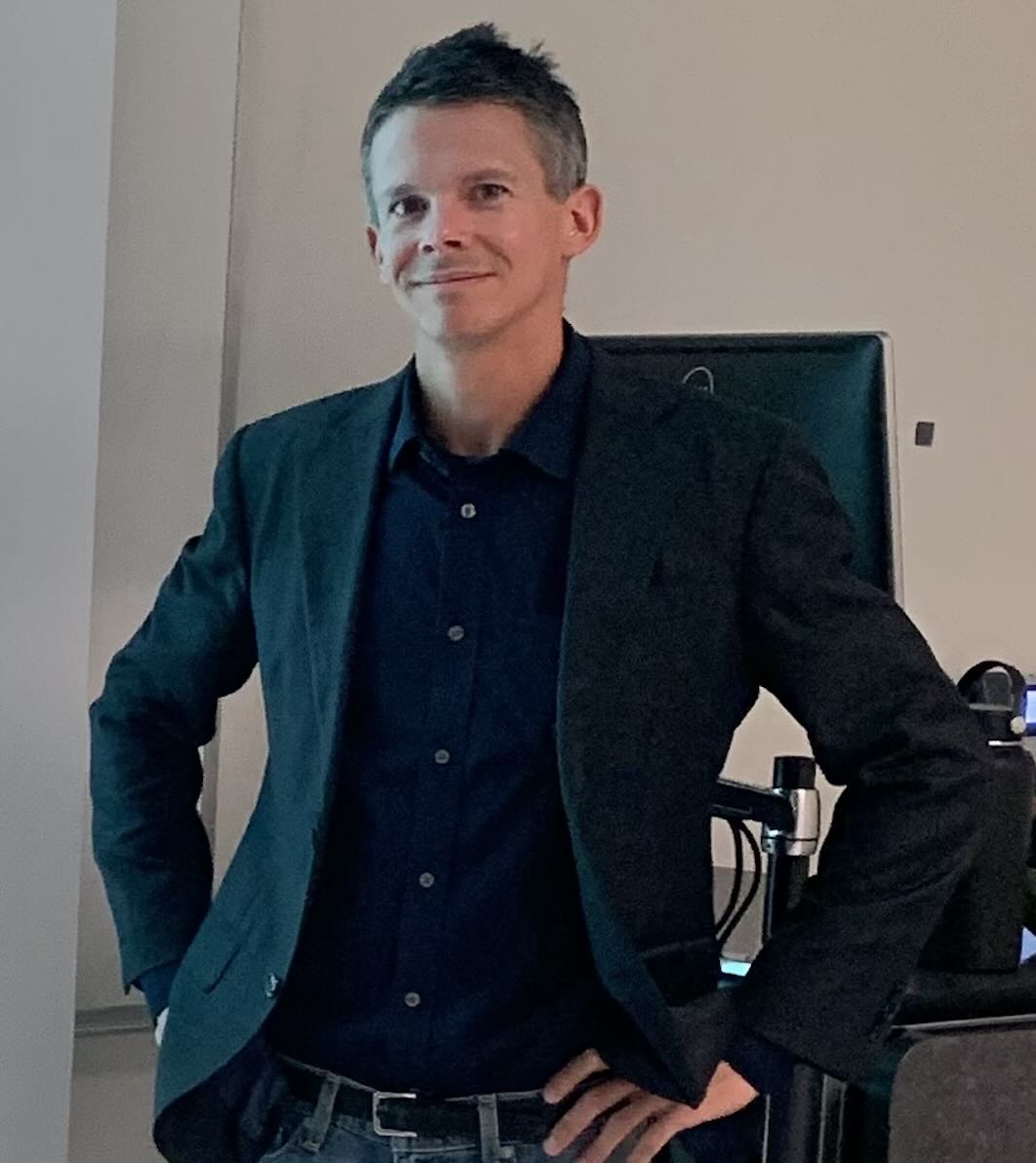
Remarks by Dr. Jordan Fullam, Faculty Senate Chair
General Faculty Meeting, August 21, 2025
One of my roles as Senate Chair has been to help bring people together around a shared vision. If I had to put that vision in the simplest form, it would be this: the work of building stronger shared governance matters, and you should care about it.
As we begin the new academic year, I want to share some thoughts on how we might incorporate an ethic of care into our work. First, we should care about maintaining the structures of shared governance, but we should also care about the democratic values that are at the foundation of those structures. It’s important that we acknowledge that there are anti-democratic forces at play in the world right now, and particularly in this country. Democracy, academic freedom, and the rights of our students and their families are all under threat. These are things that I’m concerned about, and I know many of you are, too. Remember that a potent form of resistance to these anti-democratic forces is to practice democracy right where you live and work. This means that the values around democratic decision-making are important for shared governance, but they also have broader social and political implications that we should take seriously. For me, that’s reason enough to care about the work of building stronger shared governance.
Next, caring relationships also provide an important foundation for shared governance. We need to care for each other’s well-being, ensure that each of us is free from harm, and ensure that each of us has a voice and can be heard. Carol Gilligan is a psychologist who founded a strand in feminist thought that addresses an ethics of care. Gilligan wrote that "both love and democracy depend on voice." Closer to home, we might say that both our professional relationships and the practice of shared governance depend on voice; they depend on every member of our community having the opportunity to speak and be heard. Without this foundation, meaningful shared governance is not possible.
I want to offer two ways we can listen that help to build that foundation. The first has to do with equity; the second with keeping an open mind.
First, remember to bring basic fairness and equity to the task of listening. Men need to listen to women. Straight people need to listen to queer people. White people need to listen to people of color. We faculty need to listen to our administrative partners. And administrators, you need to listen to us faculty, too. We also need to listen to people with whom we disagree.
This leads me to my second suggestion: to listen with an open mind. Listening doesn’t just mean giving someone space to speak or merely registering the words they say. It means being open to the possibility that their ideas could change your mind. We humans have a tendency to get stuck in our comfortable assumptions, old categories, and habits of mind. But we also have the capacity to think dialectically. We have the capacity to think critically through puzzles and contradictions and disagreements and to use them as opportunities to be transformed. We need to listen in a way that makes that possible.
When I was a high school teacher, just beginning to explore the connections between education and activism, I came to admire teacher-activist Bill Ayers. At that time, Ayers often spoke about the pedagogical power of dialogue. He would say that we should "speak with the possibility of being heard, and listen with the possibility of being changed." This kind of dialogue is not just important for shared governance; it’s also the stuff of a vibrant and dynamic academic culture. I understand that part of what we do as academics is we figure out how to frame an argument in order to persuade—or to win the debate in the case of politics. But the true thinker or artist exists in a state of becoming. We listen with the possibility of being changed because it frees us from the prisons we create for ourselves in our minds. We listen with the possibility of being changed ultimately because we want to grow.
So, I’ll return to the shared vision in its simple form, and summarize these ideas: the work of building stronger shared governance matters, and you should care about it.
- Democratic values matter. Public education plays an important role in a free and democratic society. We should attend to that role by being stubbornly pro-democracy as participants in shared governance here at CSUSB.
- Relationships and voice matter. We should continue to practice listening to each other, across our differences and disagreements, and with open minds.
These are some thoughts on how we can incorporate an ethic of care into our work. I look forward to being part of the conversation with you all this academic year. Thank you.